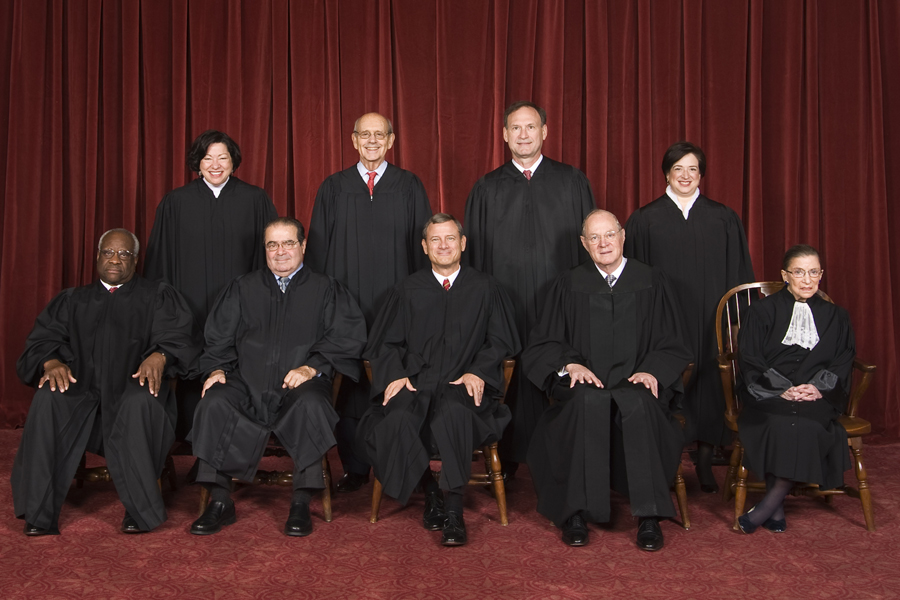




In 2005, California enacted Assembly Bill 1179. It prohibited the sale or rental of violent video games to minors. Parents and guardians could still buy the games for their children. The law included a very broad definition of violence. It covered games “[i]n which the range of options available to a player includes killing, maiming, dismembering, or sexually assaulting an image of a human being, if those acts are depicted in a manner that a reasonable person, considering the game as a whole, would find appeals to a deviant or morbid interest of minors, that is patently offensive to prevailing standards in the community as to what is suitable for minors, and that causes the game as a whole to lack serious literary, artistic, political, or scientific value for minors.” The violent-video-game law was sponsored by state senator Leland Yee. (Ironically, Yee was later sentenced to five years in prison for “promising votes and guns to an undercover agent who was funneling him contributions.”)
The Entertainment Merchants Association (EMA), a trade group for the entertainment industry, challenged the constitutionality of the law. On appeal, the Supreme Court found that the California law was unconstitutional.